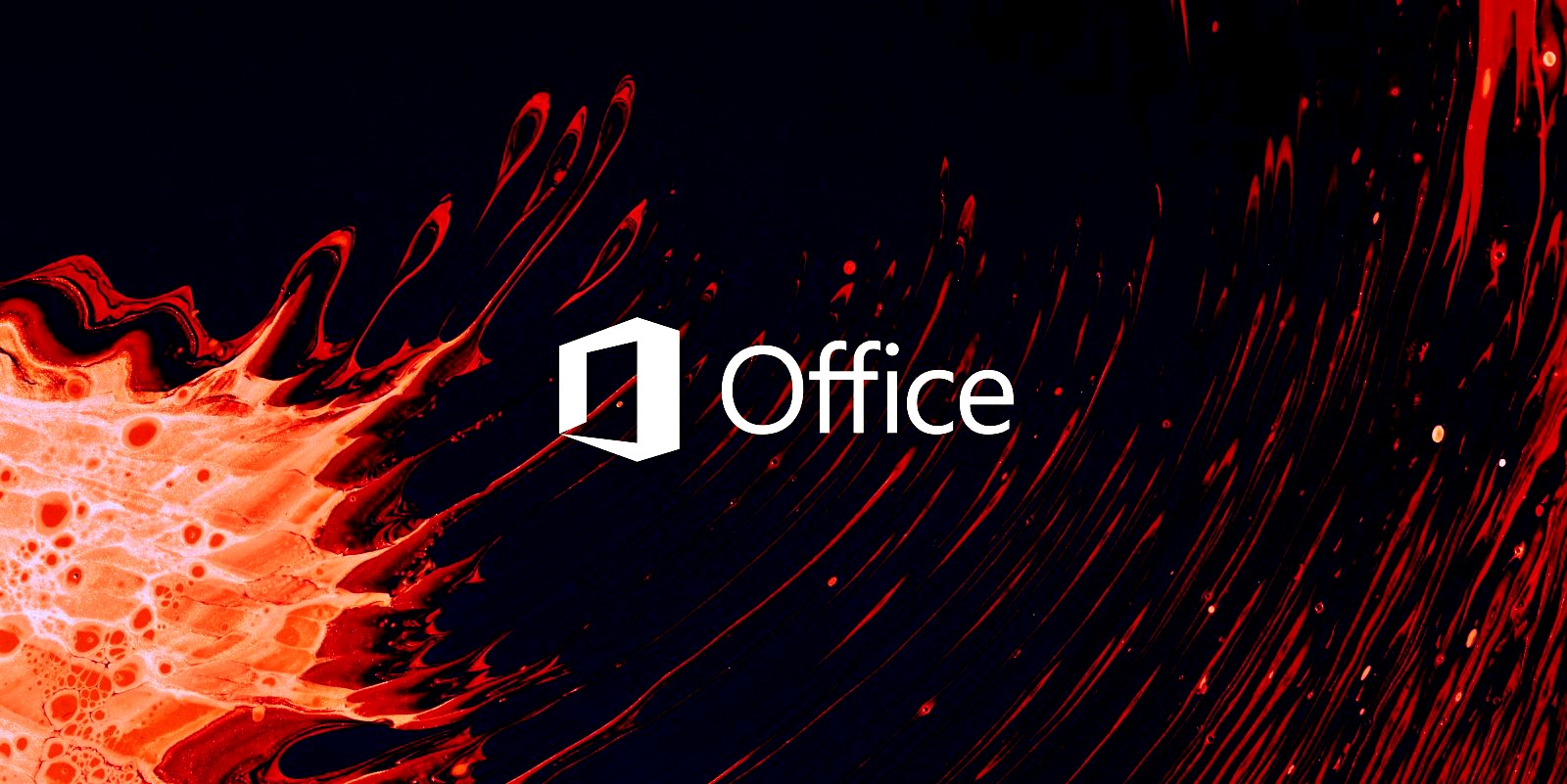@Macallik86 @greenvale @Serious @Secure Da Bag @brehsimilitude @Rawtid @King45 @RareAirBorne
Need y'alls advice
Have a project with my team where we would be doing web scraping of stores that my company works with.
our idea at the moment is to web scraping to see whether retailers are either add a store or close a store (perm or temp closures). We are doing this so we dont have to ask/rely on the retailers for said openings/closings to have real life match our data.
Two questions:
We can do this in python?
And how feasible is this off the top of youse guys heads? Should we web scrap Google Map data, the retailers website, etc?
Im currently learning python right now and will try learning web scraping within the upcoming weeks.
Please give me y'all thoughts.
Need y'alls advice
Have a project with my team where we would be doing web scraping of stores that my company works with.
our idea at the moment is to web scraping to see whether retailers are either add a store or close a store (perm or temp closures). We are doing this so we dont have to ask/rely on the retailers for said openings/closings to have real life match our data.
Two questions:
We can do this in python?
And how feasible is this off the top of youse guys heads? Should we web scrap Google Map data, the retailers website, etc?
Im currently learning python right now and will try learning web scraping within the upcoming weeks.
Please give me y'all thoughts.



